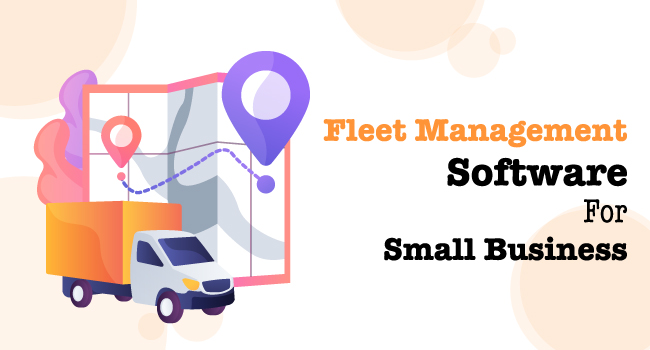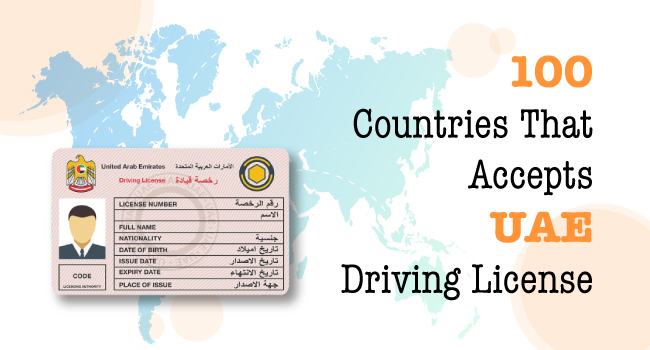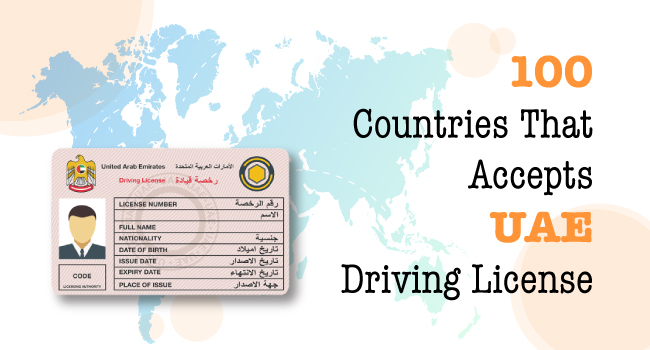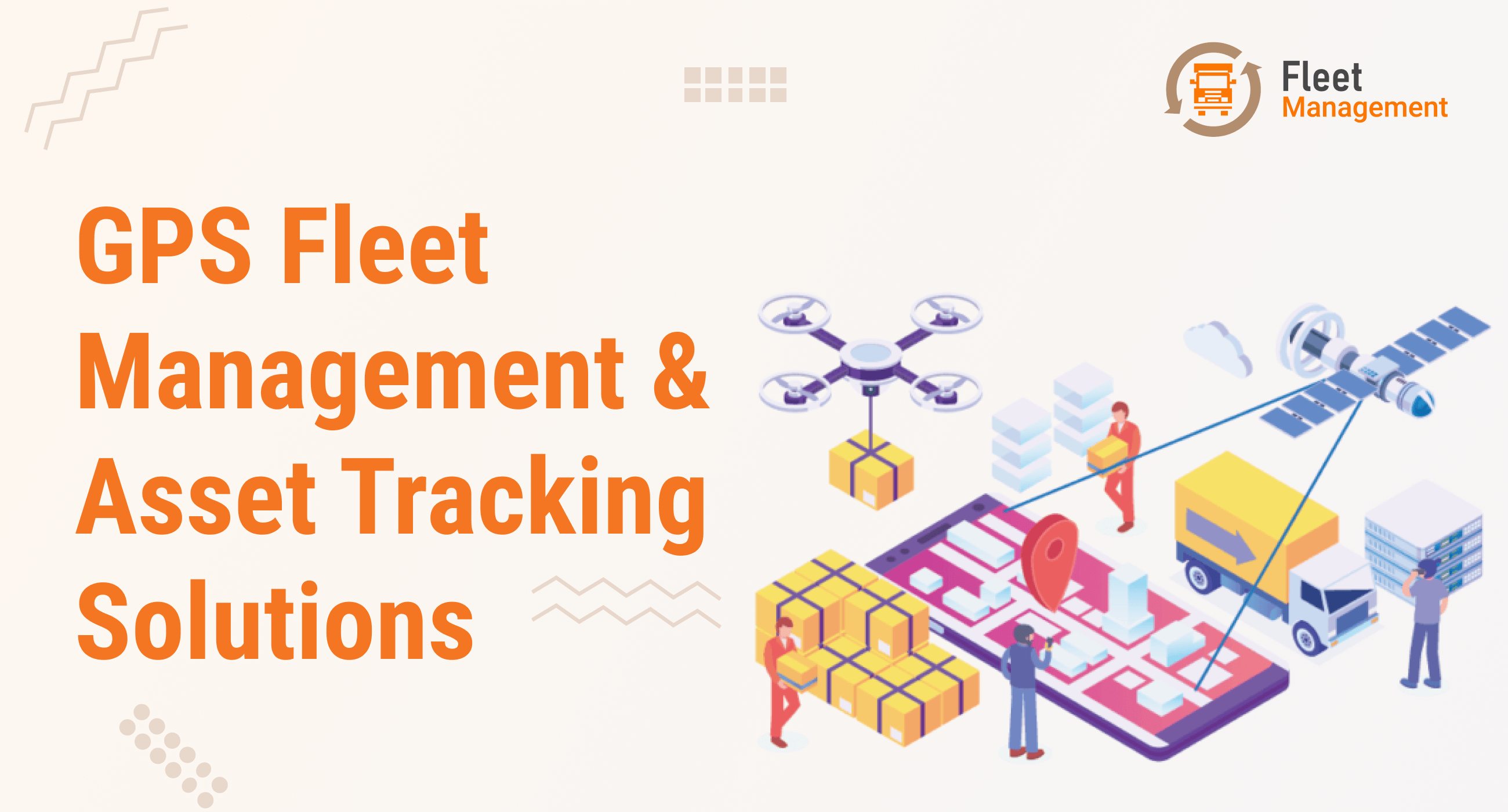Our Blogs
 Fleet Management()
Fleet Management() Car Rental Software()
Car Rental Software() Fleet Drivers()
Fleet Drivers() Infographics(0)
Infographics(0) News(0)
News(0)
Service We Offer
Follow Us
What is fleet management – All you need to know
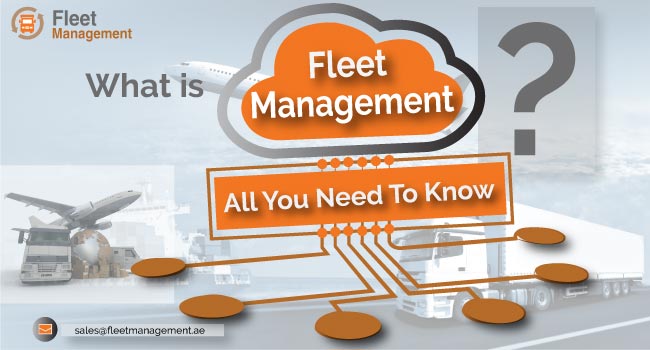
Vehicles are inevitable assets for every enterprise widely today. The revenue and support that vehicles are supplying for the functioning of the enterprises are demanding as well.
They play a vital role in the everyday functioning of the enterprise. The expected and unexpected expenses around vehicles such as fuel charge, maintenance cost, time, safety, insurance, and efficiency require well-organized management.
Hence, businesses of all sizes are devising productive action-plans for effective vehicle management solutions.
The purpose of fleet management
Optimized productivity is the expected result of all actions in a business setting, same is the case with fleet management as well.
It is not easy to plan and run a fleet of vehicles. It is not just the vehicle either. The staff including drivers and any additional people recruited for the proper functioning needs to be managed as well.
Businesses cannot allow any negative factors to impact on their smooth day to day functioning. A well-structured fleet management system can enhance revenue far and wide.
To exemplify, if the cab service of a company continuously fails to report on time, the loss it causes could be quite significant and cannot be overlooked. It will reflect on all related facets of productivity.
The time consumed, the fuel burned, the tire inflated and the parts rubbed away matters a lot. The causes for all this loss might be different. But, with an effective fleet management system, all of these factors can be brought under control.
The factors that matter in fleet management.
The purpose of fleet management software is to optimize the productivity of transportation in all possible ways. But there are several factors which influence the optimization of productivity.
Let’s see what they are.
Vehicle Maintenance
The cost associated with vehicle maintenance in an enterprise is huge to ignore. Hence, one of the success factors that a fleet management system can promise is ‘preventive maintenance’.
Mostly, unexpected is the issues arising on a vehicle and on trips. It may cause from nowhere over a trip. Such cases are practically beyond human control.
But by analyzing the condition and the riding style of driver we can predict the chances of issues that can be expected in the near future. Thereby, it can be resolved at its early stage.
Fuel Expense
The very challenging task for a fleet management system is fuel management. But, through the continuous analysis of fuel consumption trends, we can save a good amount of fuel that has been burning unnecessarily.
Further, an effective fleet management system can find out and discourage the unhealthy driving practices of the driver. By tracking the routes traveled, the time
The policies of health and safety
Safety is an important factor in the transportation sector. The very responsibility of a fleet management system is not just limited to the vehicles but extends to the drivers and supporting staff.
Mapping the scheduled routes and forecasting the expectable challenges on the trip, the fleet management system will generously help to bypass the difficulties across the way. Thereby, we can reduce the chances of getting trapped amid the way and unexpected worries.
However, if some unfortunate incident comes across the way, the fleet management system will help to report the authorities as fast as possible. Also, by updating insurance data and analyzing the incident and status of the driver it would help to mitigate the troubles quickly.
Combining compliance
Keeping everything compliant is a bit troublesome task when it comes to vehicles and their operations. It involves a lot of approvals, examinations, and verifications.
According to the rules of the road for vehicles, we have to procure sufficient permits, driving licenses, pollution control certificate, road tax, and insurance documents etc.
Yet, it doesn’t end there. The chances of changes in the rules and regulations have to be noticed. We have to keep updating the local and organizational policies to the driver’s attention.
Hence, with a handy fleet management system, we can easily schedule and update necessary documents regarding the vehicles and drivers at the right time.
The paychecks, issue reports, inspection check sheets, driver schedules, and work permits can be dealt with quite easily with a fleet management system.
Conclusion
In short, embracing all the activities that are marching along with vehicles and its operations, a fleet management system has to follow up end to end transportation processes.
Selecting the vehicles, tracking the routes, updating the location, noting the speed, scaling the fuel consumption, assessing driver behavior and driving style, updating documents and permits are the daily work cycle related to the fleets. Simply, all this can be made easy with a fleet management system.
To put it together, cost saving is the primary motive of all these expansive activities. With a fleet management system, we can collect precise data to seal the hole that causes futile leaks of revenue.
